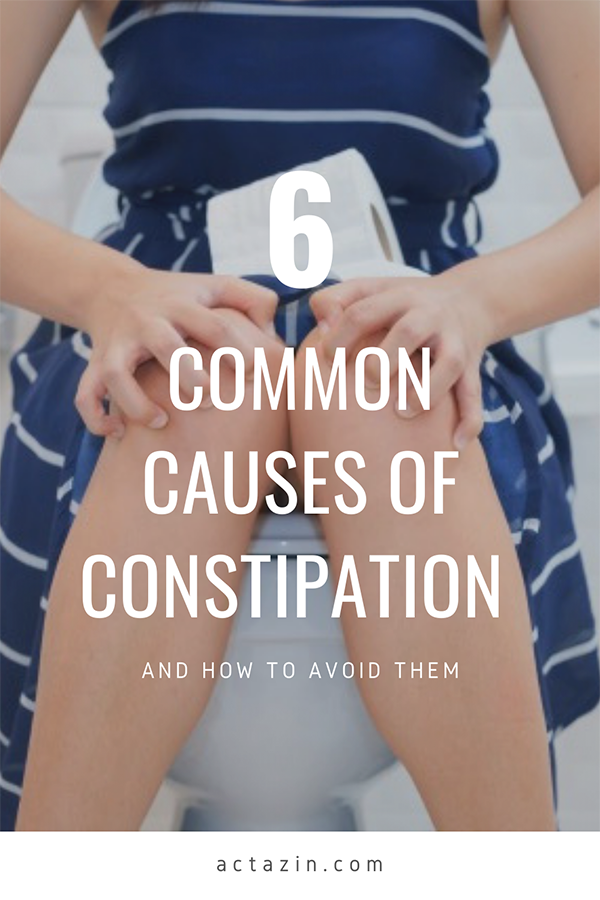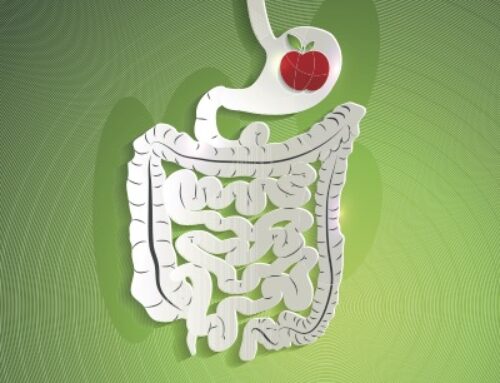-

Constipation – you’ve probably experienced it more than once in your lifetime, those times when you can’t seem to go to the toilet even when you try, or when you realise you haven’t needed to go for a few days!
Normally people will go to the toilet for those number 2s anywhere between 3 times a day to 3 times a week. Constipation is generally defined as having fewer than 3 bowel movements a week, but can also refer to having hard, lumpy stools which are difficult to pass, or “incomplete evacuation” of the bowels – that feeling that there’s more to come, but it won’t!
Constipation occurs when the stool moves too slowly through the bowels or if it can’t be easily passed and therefore remains in the bowels for longer. This may cause the stool to become hard and dry.
Occasional constipation that most people encountered are usually related to dietary and lifestyles factors:
Stress1
Psychological stress can manifest physically as what are called “somatic symptoms”. These symptoms can include making you feel nauseous and give you indigestion, constipation or diarrhoea.
This is because the gut and brain are intricately linked and in constant communication. The gut is partly controlled by the central nervous system, but it also has its own network of neurons known as the enteric nervous system. This system helps to regulate processes include swallowing, the release of digestive enzymes, the uptake of nutrients and the excretion of waste products.
There are several ways that stress can cause constipation:
- Stress releases hormones (adrenaline and corticotrophin-releasing factor) which, via different pathways, results in slowing the intestines down.
- Stress can increase gut permeability and inflammation, disrupting motility.
- Stress may cause gut microbial dysbiosis, leading to dysmotility, inflammation and increased permeability.
Diet
Diet plays a large part in regularity. Too many starchy foods, especially refined ones like white bread and white rice, and too much protein, which in turn usually means not enough good fibre, can cause constipation.
Lack of exercise
Being active and exercising lowers the amount of time it takes for food to move through the gastrointestinal tract, effectively limiting the amount of water the body absorbs from the stool. Exercise also helps to stimulate intestinal muscle contraction, the movements which push the stool along your gut.
Ignoring the urge
In our busy lives, it’s easy to ignore that urge to go and get to it later. If we ignore it for too long, then the stool remains in the large intestine allowing the body to continue to absorb water from it. This can lead to hard stool which makes it difficult to pass.
If you continue to ignore the urge, the muscles that control this function and send the signals to your brain to let you know its time to go can stop functioning properly, leading to further issues.
Dehydration
Water/fluids help to move food through the digestive system. If you’re dehydrated, then less water is left in the bowels, meaning the stool becomes hard.
Medications
A number of medications can cause constipation either by affecting the nerves and muscle activity of the large intestine and/or absorbing intestinal liquid. Some examples of medications that can cause constipation include antidepressants, antacids, antihypertensives, diuretics and opiates.
To help avoid constipation:
- Take time to recharge and minimise stress
- Stay hydrated
- Eat your greens and whole grains
- Exercise
- Don’t ignore that urge to go
- Talk to your doctor if you find your medications are affecting you
References:
- Chang, Y. M., El-Zaatari, M., & Kao, J. Y. (2014). Does stress induce bowel dysfunction? Expert Review of Gastroenterology & Hepatology, 8(6), 583–585.







